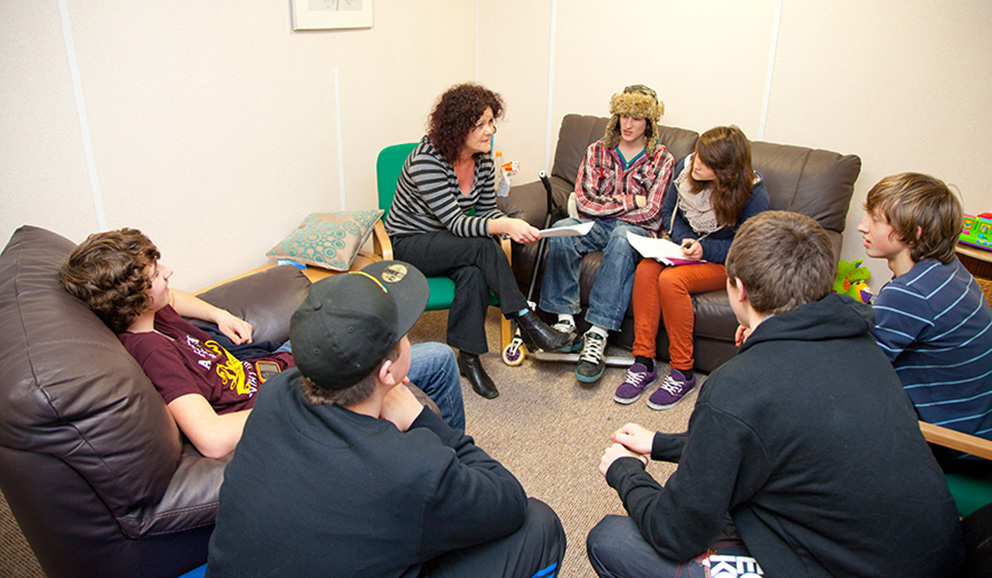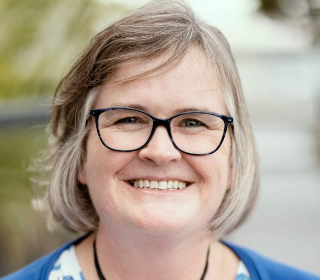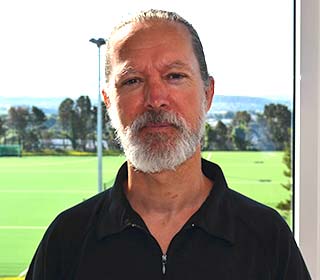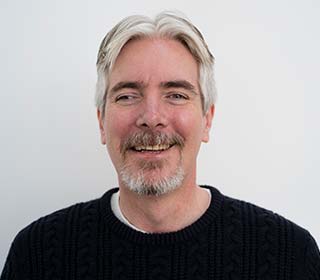BA (Hons) Community, Youth and Families
Inspire, encourage and nurture. Our Community Youth and Families Programme enables you to develop skills and knowledge through academic learning and experiential placements.


This programme provides a strong foundation for community-based work

Apply now for this course
Three A-levels at grades CCD or above
Or BTEC triple grades MMP or above
Or Access 3-36 D/M with min 3D
And GCSE English Language at grade 4 or grade C or above*
A DBS check and an interview is required
We are committed to safeguarding and promoting the welfare of children and students. All students are expected to share this commitment and demonstrate consistently high standards of personal and professional conduct.
UCAS points 88
UCAS code CMYF
UCAS institution code P63
Duration Three years full-time, with options to start in year one or to transfer in to years two or three from other courses.
Full entry requirements
* For entrants with an ECHP or legacy statement, the minimum requirement is Entry L3; BSL qualification is required for those whose primary language is BSL.
Applicants should have some practical experience of communities, youth or family work prior to commencement of the course.
Course Summary
This programme supports employees and employers across the youth and community work sector. In response to consultation of stakeholders, the curriculum aligns to current and anticipated workforce needs and developments. This includes the co-delivery of specialist modules, bringing in experts from local organisations, further strengthening links into the community.
Learning consists of one full day on campus, generally 6 hours a week, split between lectures and activity-based seminars, with some online study and 1-2-1 tutorials that can be arranged to suit your needs, with a timetable to fit around other life commitments, like work and childcare. Throughout the academic year, there is a consistent day on campus each week, allowing you to benefit from the full range of Plymouth Marjon University's digital and information resources and facilities.
The course has a design to help you achieve your best possible results, with an extended academic year of three terms, enabling modules to be taught in a way that paces the assessment and learning load, allowing you to develop skills without feeling overwhelmed. Three experiential placements take place across the three years. These will be a mix of individual and group experiences, co-designed with each cohort and in response to available opportunities.
Why study this course with us?
We have over 30 years' experience in training outstanding youth and community professionals.
As a student at Marjon you will be welcomed into the student community.
The course involves collaborative learning with a range of local community organisations.
The flexible design enables a diverse student body from across the South West region, providing opportunities to learn from each other.
The university offers all students the best support with digital information and learning, and pastoral care.
The research active programme team are recognised leaders in their field.
Modules for this course
Modules for this course
1st Year
Engaging with Learning: Youth & Community Work
Intro to YCW: Principles and practices
Interpersonal communication and relationship skills
Experiential placement 1
Diversity, inclusion and social justice
Issues and Interventions
2nd Year
Policy & Practice
Developing and leading projects
Youth & Community Practice in a Digital World
Practitioner Research
Families, friends and communities
Experiential placement 2
3rd Year
Organising, Leading & Managing Practice
Working in and with communities
Changing Practice: contemporary controversies and dilemmas
Experiential placement 3
My Professional Identity
Practitioner Research
Please note: This course is subject to validation which means that it is either a new course or that the content is currently being updated. You can apply for this course now while some of the details of the course are being finalised by the University. Please contact the course leader if you would like further information.
This course is perfect if you're curious about...
The current issues facing communities, young people and families and we can help address these issues.
The best practices for engaging with people and fostering positive relationships.
How practitioners develop and implement effective programmes and initiatives that meet the needs of the community.
How practitioners effectively collaborate with other organisations and stakeholders to achieve common goals.
The ethical considerations and challenges involved in working with communities, young people and families, and how can these be navigated.
Developing the key skills and competencies required to be an effective community worker, and how can these be maintained over time.
What might you become?
You will become a community-based practitioner with the ability to work across the public and voluntary sectors, in a range of settings, including family hubs, youth and community work organisations, housing projects, and in public health-related projects.
You might choose to go on to specialise in youth work and gain JNC professional recognition by studying MA in Youth & Community Work or to specialise in research and leadership by studying MA in Youth & Community Practice - Research & Leadership.
How you’ll be taught and assessed?
How will you be taught?
The programme draws on youth and community work, which is a distinctive body of professional practice held together by a commitment to a set of shared values: participation, inclusion, empowerment, partnership and learning. Teaching on the programme is aligned with the educational processes that practitioners use in community settings, whilst recognising the formal and assessed nature of the degree. You will develop the ability to apply academic theory to your practice with communities, young people and families.
How will you be assessed?
Assessments reflect and enhance the duties and skills required within community-based work, with assessment tasks based on coursework (essays, reports, academic posters, reviews, blogs), presentations and placement files that include reflective practice and self-assessment.

Tracy is excited to be leading this innovative and collaborative programme that supports the development of community-based professionals across the south-west region.
Fees and funding
Fees UK students: £9,535
Fees for International students: £14,600
Additional costs:
This fee covers your tuition and access to course-specific equipment and facilities, as well associated services including access to the library, study skills support, IT support, student support and wellbeing services and membership of the Student Union. There may be additional costs by course.
Funding available for this course
This fee covers your tuition and access to course-specific equipment and facilities, as well associated services including access to the library, study skills support, IT support, student support and wellbeing services and membership of the Student Union. There may be additional costs by course.
Fees and fundingLecturers

Tracy joined Plymouth Marjon University in September 2022, from the University of Cumbria, where she lived and worked for 10 years. Prior to this, she was based in the Midlands, where she was employed as training manager for an association of youth clubs. Her doctoral research creatively explored the relationship that young people have with the natural environment. She has published for public, practitioner and academic audiences, including BERA (British Educational Research Association) and IOL (Institute of Outdoor Learning). Tracy has a diverse range of practical and professional experiences through working in and researching with the voluntary and statutory sectors. She loves walking, gardening, reading – and playing outdoors.

Jon worked for 20 years as a youth worker before joining Marjon in 2003. He brings his knowledge and commitment to youth work to his teaching and research. He is particularly interested in the impact of policy on practice as well as theory and practice of youth and community work, as well as outdoor education. In 2018 Jon led a major research project into the value and impact of Youth Work on the lives of young people in Europe.

I have been a practicing youth and community worker for 25 years. I started my youth work career as a volunteer and over the years worked my way up to full professional practice and management.
I spent most of my time working in the Voluntary/Community Sector where I developed a deep understanding of the challenges and opportunities that the sector, successfully navigating the continually changing professional landscape.
My various roles required me to develop skills in project management, staff management and development, professional supervision, funding management, and partnership working.
